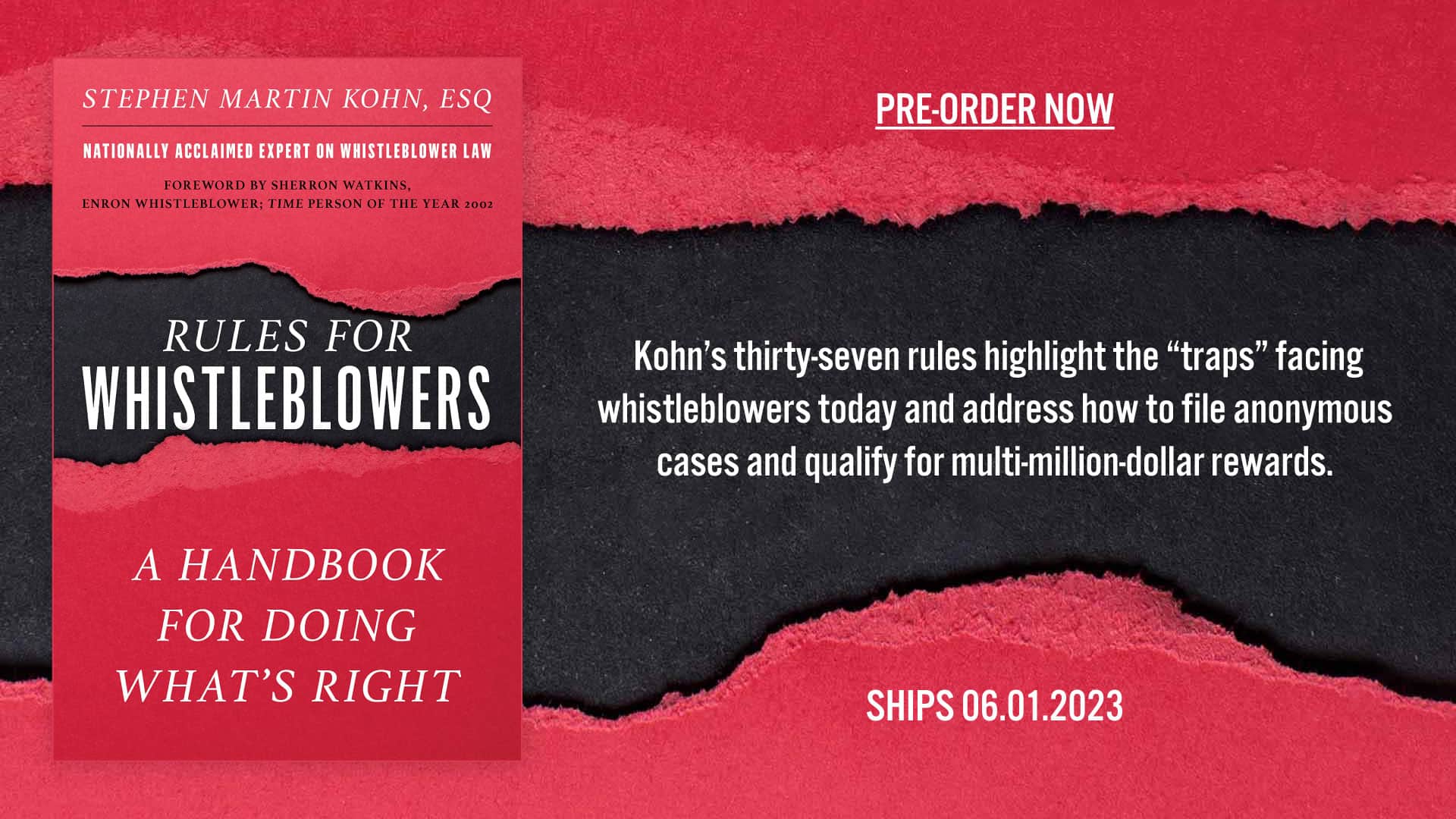The Dodd-Frank Act is a major Wall Street reform bill passed by Congress in 2010 in response to the 2008 financial crisis. The Dodd-Frank Act contains whistleblower provisions offering monetary awards and anti-retaliation protections to corporate whistleblowers. By harnessing insiders with first-hand knowledge of financial fraud, the Act has revolutionized the enforcement of white-collar crimes.
The Dodd-Frank Act established whistleblower programs at both the U.S. Securities and Exchange Commission (SEC) and Commodity Futures Trading Commission (CFTC). As mandated by the Dodd-Frank Act, under these programs qualified whistleblowers are entitled to 10-30% of the funds collected by the government in connection with their disclosure.
The Dodd-Frank Act also extends anti-retaliation protections, including confidentiality, to whistleblowers who make disclosures to the SEC and CFTC. Under the Dodd-Frank Act, employers cannot retaliate against whistleblowers. Prohibited retaliatory acts include terminating, threatening, demoting, suspending, harassing, or otherwise discriminating against the whistleblower.



